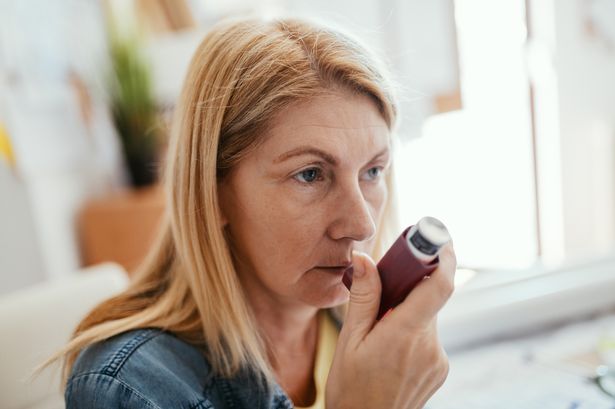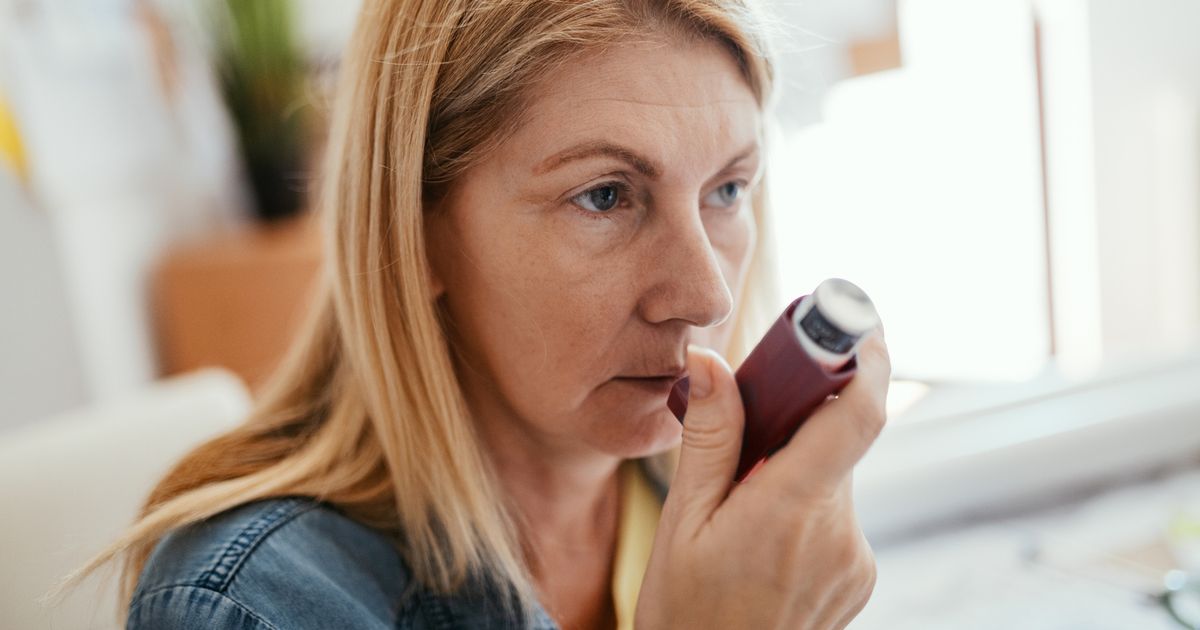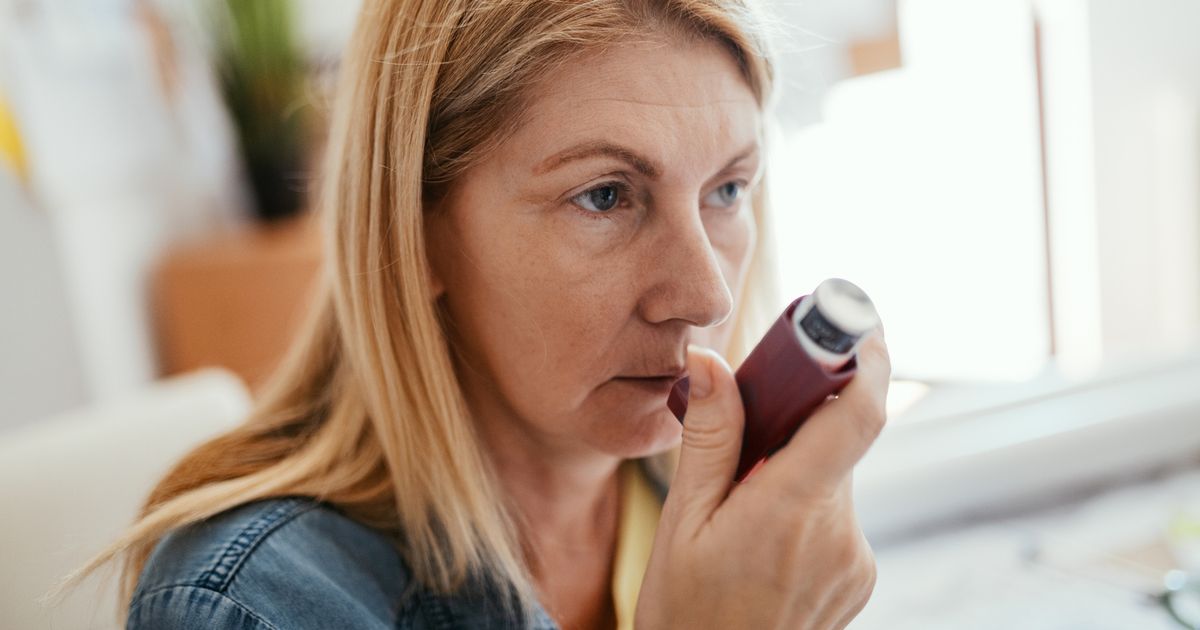

NHS Humber and North Yorkshire has issued advise for hay fever and asthma during pollen season.
It comes as the UK’s weather service is warning of high pollen counts from today, which can make life difficult for people with asthma and hay fever. According to the Met Office, pollen levels in the region will be very high on Saturday.
The pollen forecast uses the new Met Office pollen model to produce predictions for five days ahead across the whole of the UK. It predicts increasing pollen levels across Yorkshire and Humber “likely becoming generally high or very high” before the weekend.
In periods of high pollen and throughout summer, many individuals with asthma face increased challenges. The combination of asthma and hay fever can significantly impact daily life, making it essential to manage symptoms effectively.
“For people who suffer with hay fever and asthma, summer can be a difficult time. We hope that by sharing some tips for reducing pollen exposure and making use of hay fever and asthma treatments, we can help people who are struggling to enjoy their summer,” said Jennifer Brownbridge, Children and Young People’s Respiratory and Urgent and Emergency Care Lead for Humber and North Yorkshire ICB.
“We would like to emphasise that it’s really important for anyone who is struggling to manage their asthma symptoms to come forward and get support from their GP or Asthma Nurse,” continued Jennifer.
Understanding the Link Between Asthma and Hay Fever
Hay fever, also known as allergic rhinitis, occurs when the nose, eyes, or throat react to pollen from trees, grasses, and weeds. For those with asthma, hay fever can exacerbate symptoms such as wheezing, coughing, and breathlessness. This is because hay fever can worsen the swelling in the airways.
The NHS Humber and North Yorkshire has issued the following advise:
Tips to Reduce Pollen Exposure
- Check the Pollen Count: Use weather apps or the Met Office website to monitor daily pollen levels.
- Keep Windows Closed: During high pollen times, typically in the afternoon and evening, keep windows shut at home and in the car.
- Shower and Wash Your Hair: After being outside, wash off any pollen to prevent it from transferring to pillows and bedding.
- Avoid Drying Clothes Outside: Pollen can stick to clothes, so dry them indoors on high pollen days.
- Wear Sunglasses and Hats: Wraparound sunglasses and a cap with a peak can reduce pollen exposure to the eyes and face.
- Use a Barrier Balm: Apply a balm, such as Vaseline, around the nostrils to trap pollen before it enters the nose.
- Use a Saltwater Nasal Spray: This can help rinse pollen out of the nose.
Effective management of asthma and hay fever involves:
- Taking Antihistamines: Non-drowsy antihistamines like Cetirizine, Loratadine, or Fexofenadine can help with a runny or itchy nose.
- Using Nasal Sprays: Steroid nasal sprays prescribed by a GP can reduce inflammation and alleviate symptoms.
- Using Preventer Inhalers Daily: Inhaled corticosteroids help reduce airway swelling and lower the risk of asthma attacks.
- Following a Personalised Asthma Action Plan: Ensure you have a plan from your asthma check-up and know what to do if symptoms worsen.
- Consulting a GP: If usual medicines are not effective, speak to a doctor for stronger treatments or alternative options.


